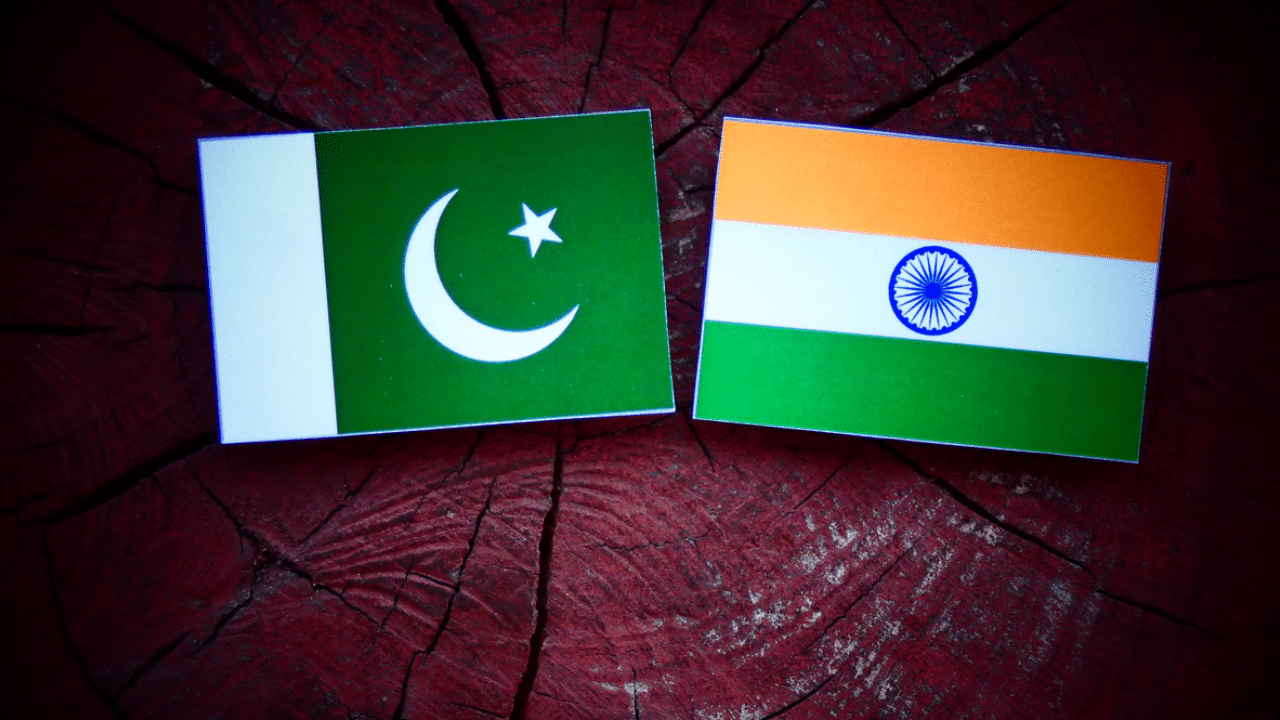
Islamabad has accused New Delhi of making an attempt to circumvent the effect of downgrading relations between the two nations by appointing one of its senior diplomats as India’s acting envoy to Pakistan.
The Pakistan Government on Sunday defended its decision to deny a visa to Jayant Khobragade, whom New Delhi wanted to appoint as its acting envoy to Islamabad.
A spokesperson of its Ministry of Foreign Affairs said in Islamabad that New Delhi was trying to circumvent the effect of downgrading of diplomatic relations between the two nations by proposing to appoint a senior diplomat, who had already served as New Delhi’s ambassador to another country, as the acting head of the High Commission of India in the capital of Pakistan.
Khobragade, who joined the Indian Foreign Service in 1995, served as a counselor in the High Commission of India in Islamabad earlier.
He also served in India’s missions in Russia, Kazakhstan, and Spain. He was India’s ambassador to the Kyrgyz Republic between 2013 and 2017.
He has been on deputation to the Department of Atomic Energy since 2017.
Islamabad blocked New Delhi’s move to appoint him as India’s acting envoy to Pakistan, citing his seniority.
“However, keeping in view the diplomatic norms, Pakistan has counseled India to nominate an officer with seniority commensurate with Pakistan’s decision of downgrading the diplomatic relations,” said the spokesperson of the Ministry of Foreign Affairs of Pakistan Government.
Islamabad in August 2019 made New Delhi withdraw India’s High Commissioner to Pakistan, Ajay Bisaria, in the wake of the decision of Prime Minister Narendra Modi’s government to strip Jammu and Kashmir of its special status and reorganise the state into two Union Territories. Pakistan also did not send its newly appointed High Commissioner to India, Moin-ul-Haq, to New Delhi.
The High Commissions of India and Pakistan in each other’s capitals are currently headed by acting envoys.
India and Pakistan further downgraded diplomatic relations in June this year, withdrawing half of the officials posted in the High Commissions of the respective countries in each other’s capitals.
